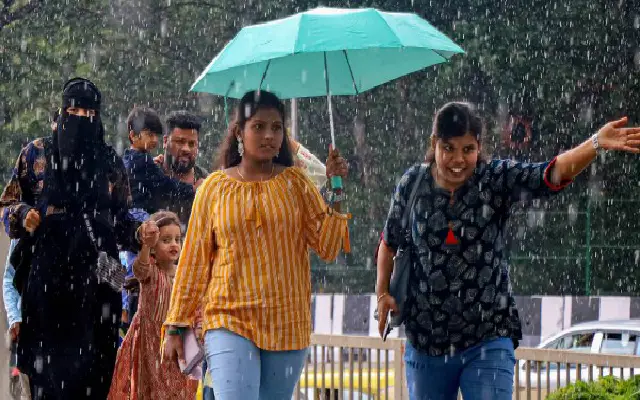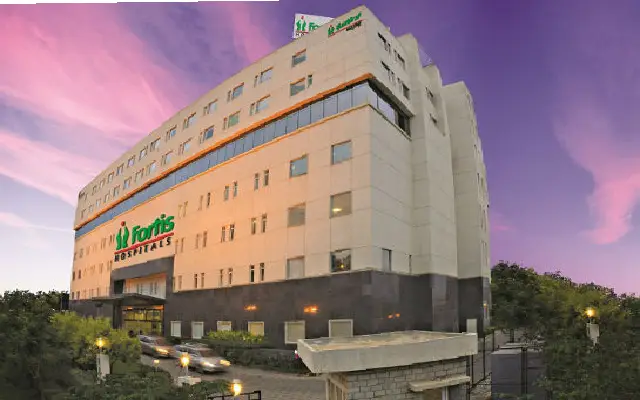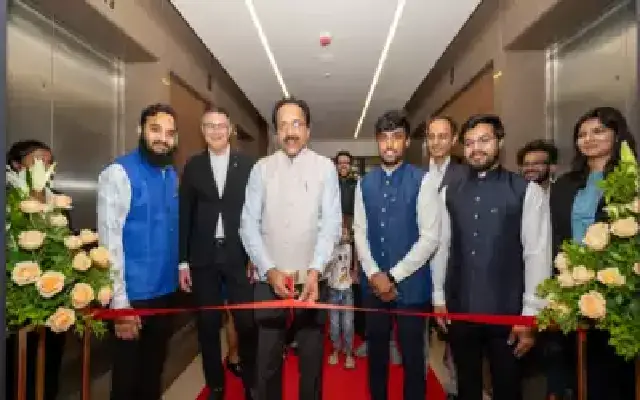Bengaluru: Mars Orbit Mission is a lesson for ISRO, said the Director of the ISRO Satellite Centre in Bengaluru, S K Shivakumar.
He was delivering a special lecture on Indian satellites and success of mars orbiter mission’ at All India Institute of Speech and Hearing (AIISH), organized as a part of ‘National Science Day’ celebrations-2015.

The team studied all international mars missions including mission approach for orbiter, lander, rover and fly by mission. Out of 51 attempts to reach the planet, only 21 succeeded, a success rate of 42%, he added.
Further the scientist said a majority of failures occurred in the early years of space exploration and were part of the Soviet and later Russian Mars probe programme that suffered several technical difficulties. The reasons behind failures were not connected with mars hostile conditions.
Majority of failures are primarily due to launch related issues followed by propulsion system problems, landing problems, software errors both in ground and on-board, human errors, insufficient hardware testing and the conceived mission concepts, he said.
However, from 1975 to 2014, December, India has developed 72 + 2 space craft missions, he added.
Indian Space Research Organization (ISRO) is all set to launch its own ‘GPS Indian Regional Navigation Satellite System’ (IRNSS-1D), the fourth Indian regional navigation satellite on March 9 at Sriharikota.
In addition, ISRO also has been developing another three IRNSS to launch in upcoming days.
Until now, India depended on satellites of GPS, a satellite developed by US and other satellites.
Till now, ISRO has launched three-IRNSS satellites to space and IRNSS-1D is fine tuned one. The next three navigation satellites, which are under development will be launched soon, he added.
Stressing on IRNSS-1D characteristics, he said it is a regional navigation system for Indian region and an independent, self-reliant and civilian system. It provides dual frequency downlinks for users and position accuracy is 18.3 meters, he said, adding, IRNSS-1A, IRNNS-1B and IRNNS-1C positioned at orbital slots.
PSLV launcher will be used to launch IRNSS from the Satish Dhawan Space Centre in Sriharikota. In addition, from 2015, every year, ISRO will make 10 satellites. “Though it is a challenge task, we will do it successfully,” director said hopefully.




















